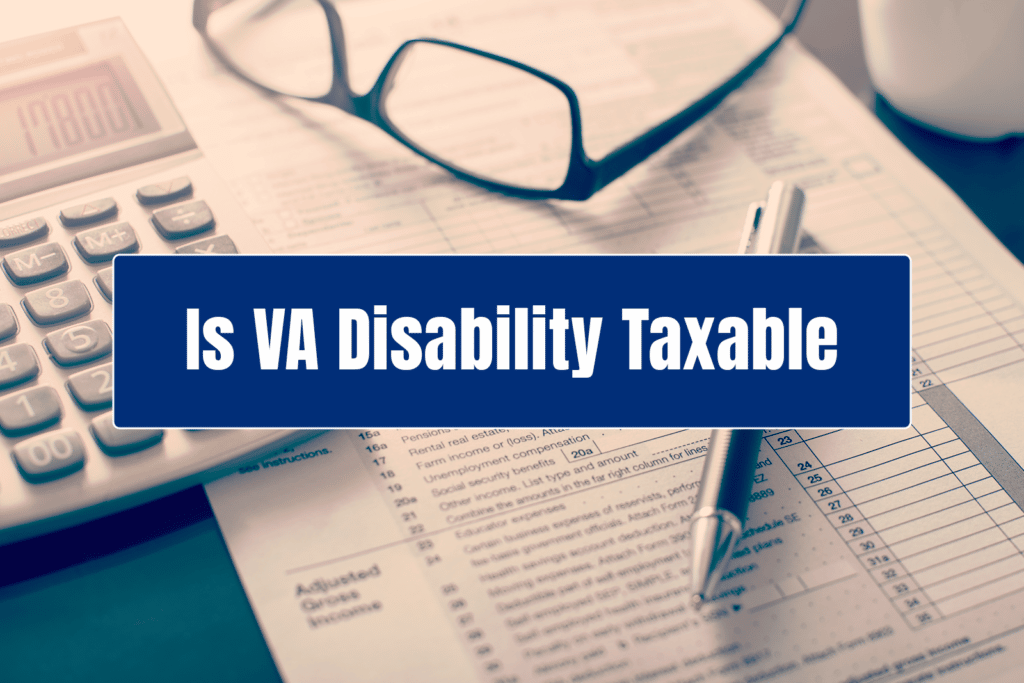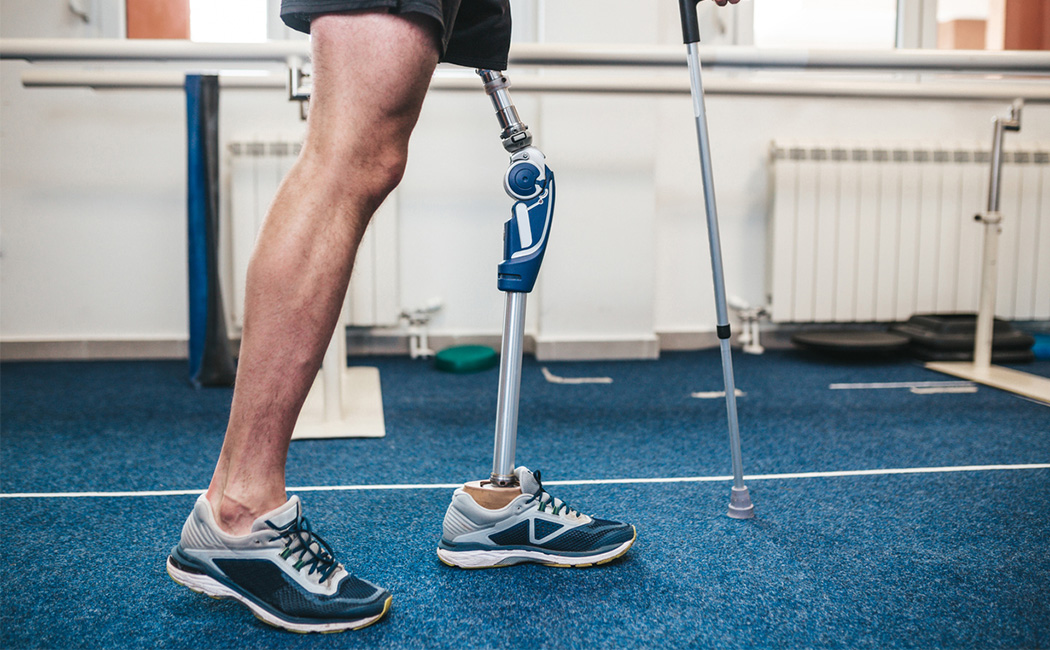
The Department of Veterans Affairs (VA) provides US military veterans with service-connected disabilities various benefits, including (but not limited to) disability compensation, pensions, healthcare benefits, life insurance benefits, and more. If you are currently applying for disability benefits from the VA, you may be wondering whether or not these benefits are taxable. While the answer is not a simple “yes” or “no,” we’re here to break down everything you need to know about your benefits and their taxability.
Is my VA disability taxable?
In short, no, VA disability benefits are not taxable. IRS Publication 907 states that disability benefits are not taxable, and veterans should not include “any veterans’ benefits paid under any law, regulation, or administrative practice administered by the Department of Veterans Affairs (VA)” in their income.
The disability checks the VA issues to eligible veterans do not deduct federal or state taxes or taxes on social security or Medicare. The IRS does not require disabled veterans to claim their disability benefits as part of their gross income.
What disability benefits are taxable?
There are certain circumstances, however, where you may need to report all or some of your benefits to the IRS as well as pay taxes on them. Military retirement pay is one such circumstance. Those that receive an age or length of service-based pension from the government must report the amount received as pension income.
If this retirement pay is reduced due to providing an annuity for a spouse or other dependent, that amount should not be included in your income.
What if I receive disability benefits but also work?
Even if you are working a regular job while also receiving VA disability benefits, those benefits are still considered tax-free. As long as the VA administers and pays the disability benefits, you do not have to pay any taxes on them. You must, however, still pay taxes on the regular income you receive from your job.
What if my disability rating increases?
Even if your disability rating increases, your benefits remain tax-free. You may even be able to claim a federal tax refund if you are granted a rating increase or if you have been given Combat-Related Special Compensation (CRSC) after receiving an award for Concurrent Retirement and Disability Pay (CRDP).
What other tax-free benefits are available?
There are some tax-free benefits that disabled veterans and their dependents or family may be eligible for. The following are some additional VA disability benefits that the IRS does not tax:
- Dependency and Indemnity Compensation is available to the surviving spouse, parent, or child of a veteran who has died from a service-related illness or injury.
- Special Monthly Compensation is additional compensation from the VA that covers disabilities like loss of sight or limb or the need for regular assistance due to a service-connected disability.
- Certain VA education benefits
- Bonus payments related to a veteran’s service in a combat zone
- Death gratuity benefits for survivors of veterans who died after September 10, 2001
- Compensation from work therapy programs
If you have questions about your taxes, tax-free benefits, or need assistance filing, your best bet is to seek the help of an experienced tax professional.














